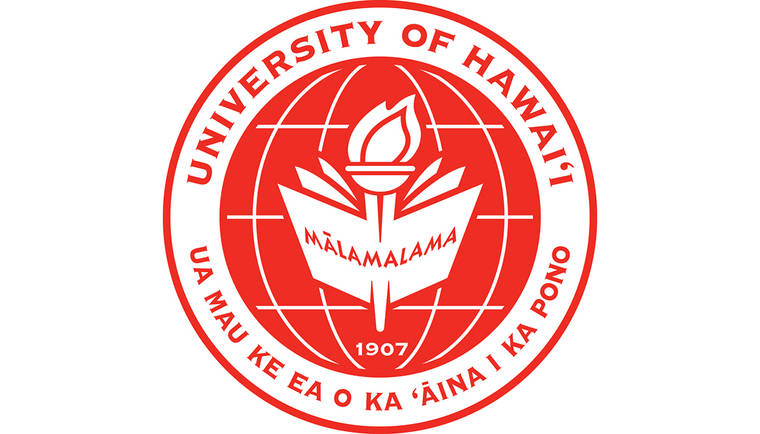The University of Hawaii announced Monday that it will suspend its football program and “reduce presence” across all campuses during the fall semester in response to the ongoing surge in COVID-19 cases throughout the state.
On Monday, less than a week after the Mountain West Conference announced it would modify its fall football schedule to better protect against the spread of COVID-19, the conference indefinitely postponed its entire schedule for the season, and by doing so, canceled UH’s football season. The school’s other fall sports programs — including women’s volleyball and women’s soccer — compete in the Big West Conference, which moved July 29 to postpone its fall sports through the end of the year.
UH President David Lassner confirmed the suspension all fall UH athletics during a news conference Monday, saying the deteriorating health conditions on Oahu make team sports unacceptably dangerous for athletes and spectators alike.
“The Mountain West Conference presidents are all focused on the health and well-being of our campus communities, and this pandemic has brought us all unique and unprecedented challenges,” Lassner said. “As a group, we could not see a path forward to conduct an athletic schedule this fall that we could be proud of. While today’s decision only affects Rainbow Warrior football at UH-Manoa, this is the same conclusion the Big West Conference reached for our other fall sports.”
UH-Manoa Athletics Director David Matlin called the decision “heartbreaking,” particularly for players who will not be able to compete this semester, but added that the university will do everything in its power to have a full athletics season in the spring if it is safe to do so.
In light of the canceled season, Matlin said the university will refund most of students’ athletics fees, although he added that because there are still some programs those fees will be able to fund this semester, a small minority of those fees will be non-refundable.
However, Matlin also said the university is facing a massive fiscal shortfall now that football, a major economic pillar of the university, is gone. While Lassner assured raising tuition “is not remotely on the table,” he also said tuition will not be decreased now that most classes are moving online.
In fact, Lassner said, even more classes will be conducted online, as he announced Monday that the university will reduce all presence on all campuses to the absolute bare minimum. While classes with necessary hands-on or laboratory components will still meet in person as needed, faculty have been requested to move all other components of their classes online, and students are advised to arrange their fall course schedules to be as online as possible.
Furthermore, the total capacity of university residence halls will be reduced by about 40% to mitigate COVID-19 spread, Lassner said.
“We’ll be trusting students to do the right thing,” Lassner said. “They’ve been living in this world of social distancing since March now, so we’re trusting that they know how to be careful.”
Lassner said he thinks, thanks to UH’s experiences with remote learning during the spring semester in the early days of the pandemic, the university’s online courses will still give students the full learning experience.
Email Michael Brestovansky at mbrestovansky@hawaiitribune-herald.com.




